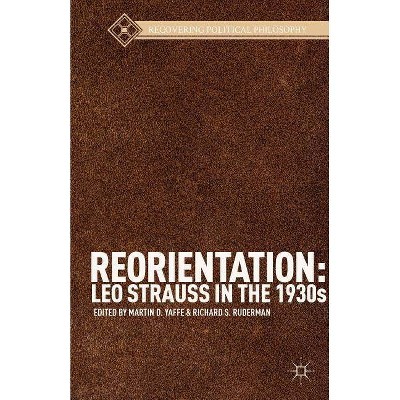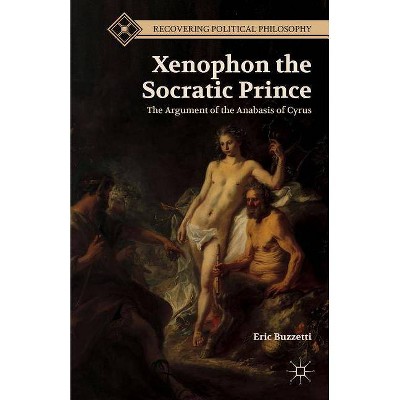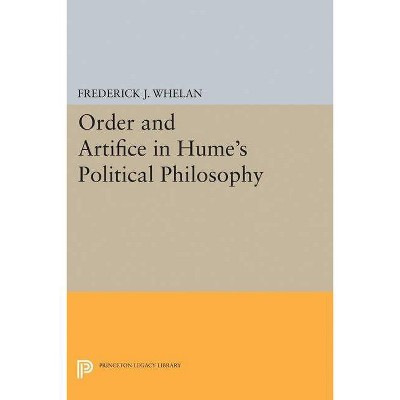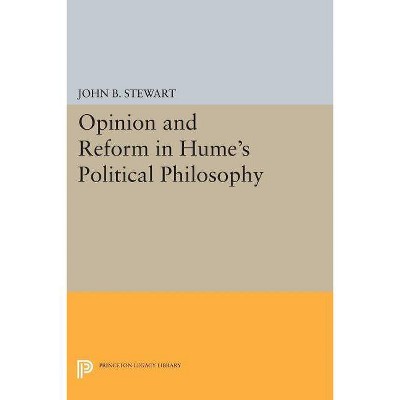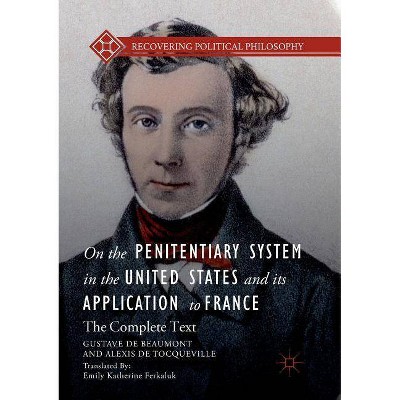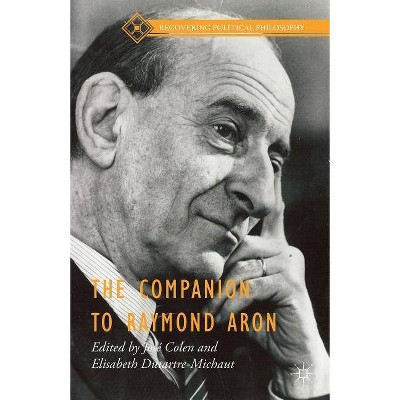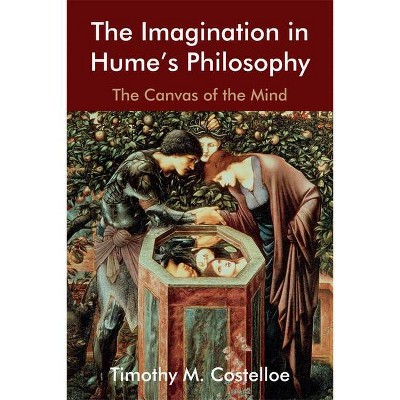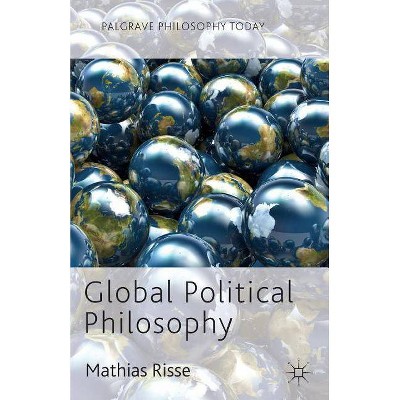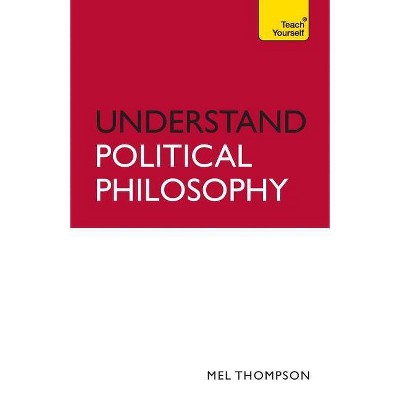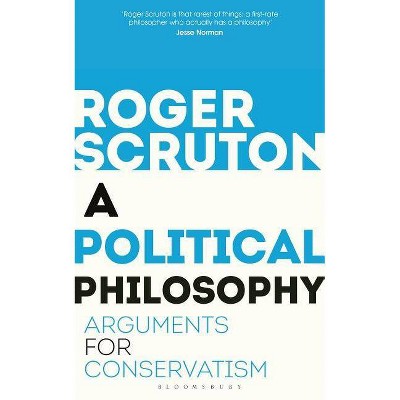David Hume's Humanity - (Recovering Political Philosophy) by S Yenor (Paperback)
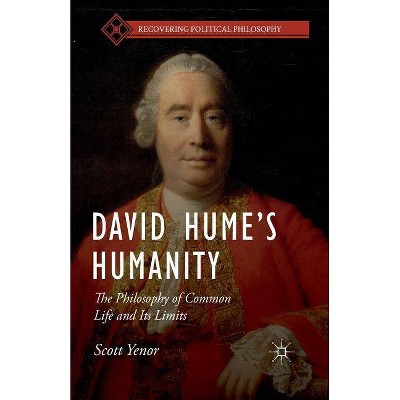
Similar Products
Products of same category from the store
AllProduct info
<p/><br></br><p><b> About the Book </b></p></br></br>"Scott Yenor argues that David Hume's reputation as a skeptic is greatly exaggerated and that his skepticism is a moment leading Hume to defend common life philosophy and the humane commercial republic. Gentle, humane virtues reflect the proper reaction to the complex mixture of human faculties that define the human condition"--<p/><br></br><p><b> Book Synopsis </b></p></br></br>1. The Promise of Hume's Philosophy of Common Life <br>2. 'Nothing but Sophistry and Illusion': Metaphysical Speculation Before Hume <br>3. Active Sovereignty in Natural and Moral Philosophy <br>4. 'Mitigated Scepticism' and Our 'Mixed Kind of Life': The Philosophic Modesty of Hume's Science of Common Life <br>5. The Liberal Imagination and the Problem of Abstract Speculative Principles in Politics <br>6. Humanity and Commerce <br>7. Religious Revolution and England's Humane Political Constitution <br>8. Religious Belief and Hume's Philosophy of Common Life <br>9. Humanity and Theology in Hume's Religious Dialogues <br>10. Toward a More Philosophical Philosophy of Common Life <br><p/><br></br><p><b> From the Back Cover </b></p></br></br><p>Scott Yenor argues that David Hume's reputation as a skeptic is greatly exaggerated. In David Hume's Humanity, Yenor shows how Hume's skepticism is a moment leading Hume to defend a philosophy that is grounded in the inescapable assumptions of common life. Humane virtues reflect the proper reaction to the complex mixture of human faculties that define the human condition. These gentle virtues best find their home in the modern commercial republic, of which England is the leading example. Hume's defense of both common life philosophy and humanity are, however, flawed by his secretly dogmatic assumptions about the nature of history and his Enlightened approach to religious teachings and psychology. This study makes the case for Hume's manner of grounding philosophy in common life is essential to any reinvigoration of the humanities. It ultimately holds that Hume's practice of that philosophy is seriously flawed, but that a more philosophic philosophy of common life is available.</p><p/><br></br><p><b> Review Quotes </b></p></br></br><br><p>"David Hume's Humanity: The Philosophy of Common Life and Its Limits<i> ... </i>not only presents a synoptic vision of Hume's thought, but also argues that an amended version of it remains vital and relevant today - especially to political philosophy." (Nathan Sasser, Journal of Scottish Philosophy, Vol. 17 (1), 2019)</p><br><p/><br></br><p><b> About the Author </b></p></br></br><p>Scott Yenor is a Professor of Political Science at Boise State University, USA, where he teaches political philosophy. He is the author of Family Politics: The Idea of Marriage in Modern Political Thought (2011). He earned his PhD in Political Science from Loyola University Chicago.</p>
Price History
Price Archive shows prices from various stores, lets you see history and find the cheapest. There is no actual sale on the website. For all support, inquiry and suggestion messages communication@pricearchive.us
